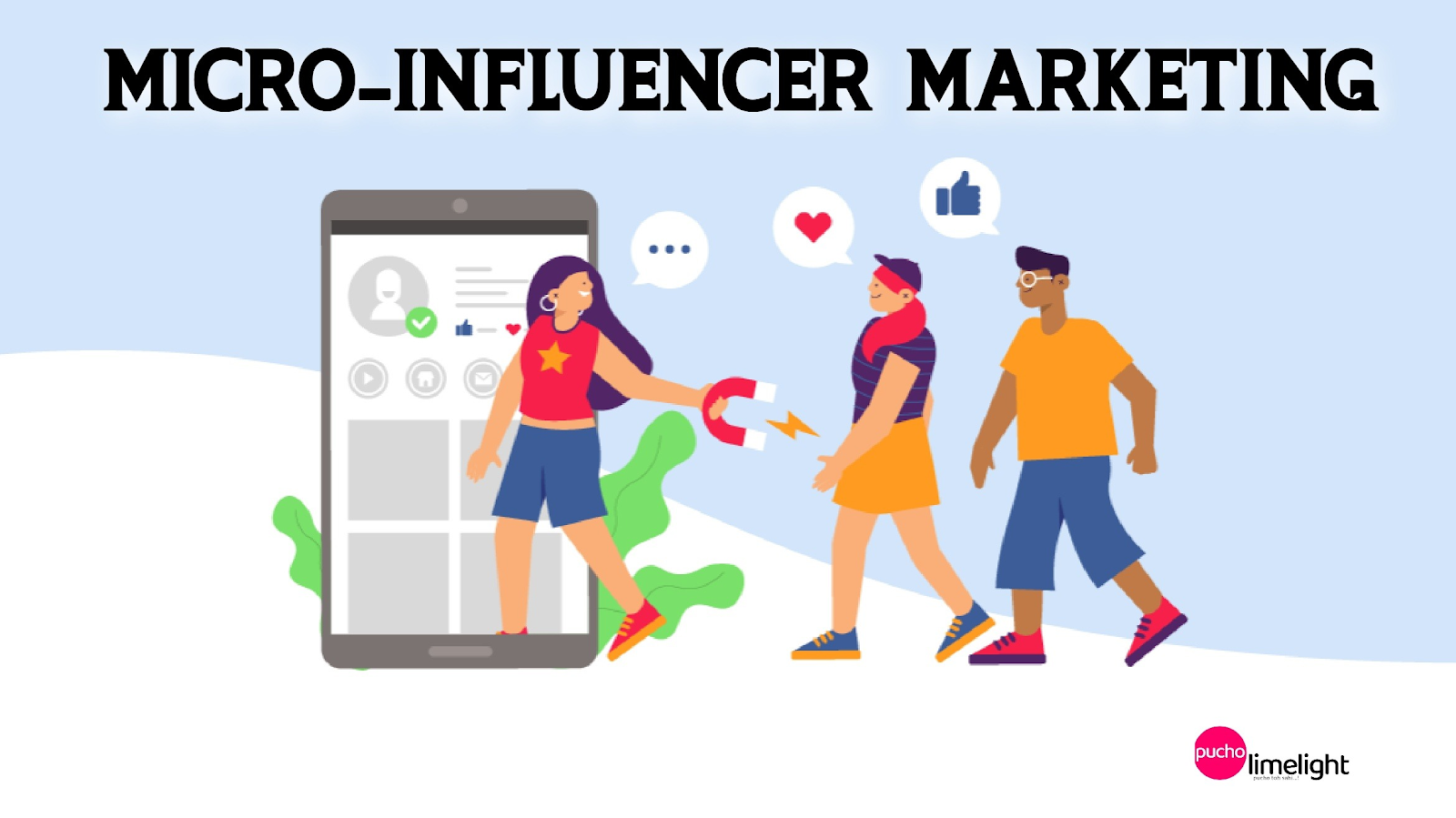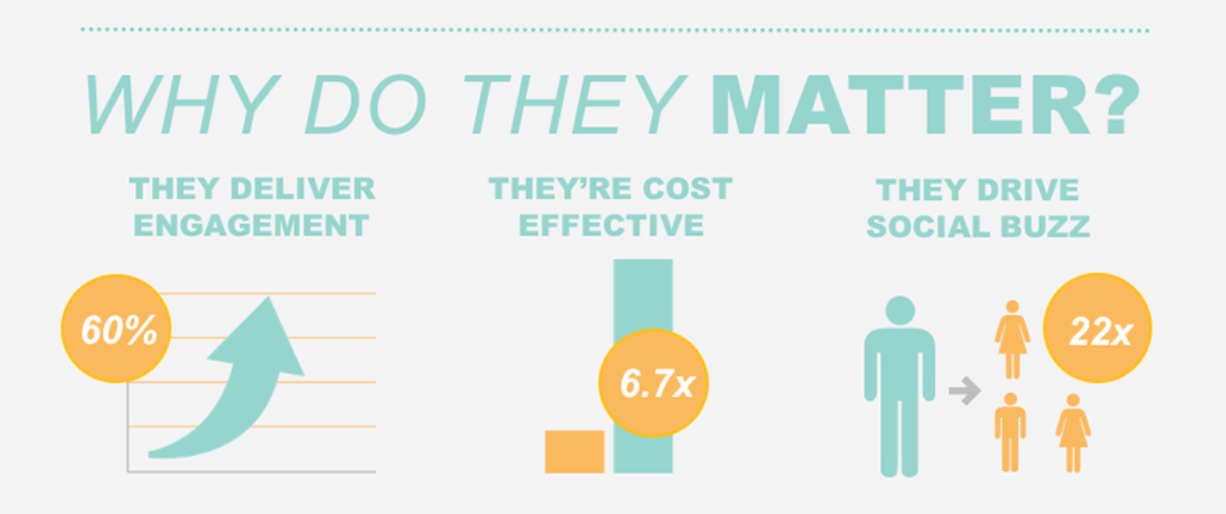Unlocking the Power of Micro-Influencer Campaigns: Strategies for Maximum Impact
Micro-influencers have become a game-changer in the world of influencer marketing. Their ability to connect with niche audiences, drive higher engagement, and offer authentic brand endorsements makes them valuable partners for brands looking to elevate their marketing campaigns. Whether you're new to micro-influencer outreach or looking to optimize your existing strategies, this guide will help you navigate the essentials of successful micro-influencer campaigns.Understanding Micro-Influencers: Who Are They?
Micro-influencers are social media personalities with a smaller but highly engaged following, typically ranging from 1,000 to 100,000 followers. Unlike macro-influencers or celebrities, micro-influencers focus on specific niches—be it beauty, fitness, tech, or lifestyle—making their audiences highly targeted and loyal. Their influence stems from authenticity and relatability, as followers often view them as peers rather than distant personalities.
Why Micro-Influencer Campaigns Matter
Micro-influencer campaigns have emerged as a preferred strategy for brands aiming to achieve higher ROI and targeted outreach. Their advantages include:
- Higher Engagement Rates: Micro-influencers often boast higher engagement rates than their macro counterparts due to their close-knit communities.
- Cost-Effectiveness: Collaborations with micro-influencers are usually more budget-friendly, making them ideal for brands of all sizes.
- Authenticity and Trust: Followers trust micro-influencers' recommendations more because they are seen as genuine endorsements rather than paid advertisements.
- Niche Targeting: Micro-influencers allow brands to reach highly specific audiences, enhancing the relevance and impact of campaigns.
Gaming has evolved into a global phenomenon, transcending
traditional boundaries of entertainment to become a dynamic and immersive
experience that captivates millions of players worldwide. From casual mobile
games to expansive open-world adventures on consoles and PCs, gaming offers a
diverse range of experiences that cater to all interests and skill levels. The
industry has grown to include not just playing games but also streaming,
eSports competitions, and content creation, forming vibrant communities around
shared passions. Technological advancements like virtual reality (VR),
augmented reality (AR), and cloud gaming are pushing the limits of what’s
possible, providing ever more realistic and interactive environments. Whether
as a form of relaxation, a competitive pursuit, or a way to connect with
friends, gaming continues to redefine how we play, interact, and engage with
digital worlds. https://shorturl.at/JVRR0
Key Steps to Execute Effective Micro-Influencer Campaigns
Define Your Campaign Goals: Before launching any campaign, clearly outline your objectives. Are you looking to increase brand awareness, drive sales, or boost social media engagement? Setting precise goals will help shape your micro-influencer strategy and measure success.
Identify the Right Micro-Influencers: Selection is crucial for campaign success. Use targeted influencer outreach strategies to find influencers whose audience aligns with your brand values and target demographics. Tools like BuzzSumo, Upfluence, and AspireIQ can help streamline the influencer selection process.
- Craft an Engaging Influencer Content Strategy: Content is the heart of any influencer partnership. Collaborate with micro-influencers to develop content that resonates with their audience while seamlessly integrating your brand message. Whether it's product reviews, tutorials, or giveaways, ensure the content feels authentic and engaging.
Develop Strategic Influencer Partnerships: Building long-term relationships with micro-influencers can lead to more effective campaigns. Influencer partnership campaigns that focus on continuous collaboration rather than one-off promotions often yield better results in terms of brand loyalty and audience engagement.
Activate Influencers with Clear Campaign Guidelines: Once you've established a partnership, provide influencers with clear guidelines on your campaign objectives, key messages, and desired outcomes. However, allow them creative freedom to maintain authenticity in their content. Influencer activation strategies should empower influencers to share your brand message in their voice.
Optimize Campaigns Through A/B Testing: Influencer campaign optimization is an ongoing process. Test different types of content, posting times, and promotional tactics to find what resonates best with the audience. Use A/B testing to refine your approach and enhance the overall impact of your micro-influencer promotions.
Micro-Influencer Collaboration Techniques
Successful micro-influencer collaboration hinges on mutual understanding and shared goals. Here are some collaboration techniques to consider:
- Co-Created Content: Work closely with influencers to create content that feels natural and tailored to their audience.
- Exclusive Partnerships: Engage influencers in exclusive deals, making them ambassadors for your brand, which can significantly enhance brand credibility.
- Product Seeding: Send your products to influencers and let them share their genuine experiences. This approach often leads to organic, unpaid promotions.
Measuring Campaign Performance with Influencers
Tracking the success of micro-influencer campaigns is essential to understand what works and what doesn't. Key metrics to monitor include:
- Engagement Rates: Likes, comments, shares, and saves are direct indicators of how well the audience is interacting with the content.
- Reach and Impressions: Measure the extent of your content's visibility on social media platforms.
- Conversion Rates: Track how many followers took the desired action, such as clicking a link, making a purchase, or signing up for a newsletter.
- ROI Analysis: Calculate the return on investment by comparing campaign costs to the revenue or brand value generated.
Optimizing Micro-Influencer Campaigns for Maximum ROI
To enhance the effectiveness of your campaigns, focus on:
Leveraging Micro-Influencer Analytics: Use analytics tools to gain insights into influencer performance and audience engagement. Metrics like follower growth, sentiment analysis, and campaign reach can guide future strategies.
Refining Your Influencer Outreach: Continuously update your list of potential influencers, and tailor your outreach messages to highlight how a partnership can benefit both parties. Personalized outreach often leads to better responses and stronger collaborations.
Iterate and Improve: Post-campaign analysis is vital. Review what worked well and identify areas for improvement. Use this data to refine your influencer marketing execution in future campaigns.
Real
estate is a dynamic and ever-evolving industry that plays a crucial role in the
economy, offering a wide range of opportunities for investors, buyers, and
sellers alike. It encompasses the buying, selling, and leasing of properties,
including residential homes, commercial spaces, and industrial sites. In recent
years, the real estate market has been significantly influenced by factors such
as fluctuating interest rates, evolving buyer preferences, and the rise of
digital technology, which has transformed how properties are marketed and sold.
For investors, real estate remains a solid asset class, providing potential for
long-term appreciation, passive income through rentals, and portfolio
diversification. Whether navigating urban housing markets or exploring rural
developments, success in real estate requires a keen understanding of market
trends, location factors, and the needs of modern consumers. https://shorturl.at/q5lZ1
Conclusion: The Future of Micro-Influencer Campaigns
Micro-influencer campaigns are not just a trend; they are a sustainable strategy for brands looking to connect with engaged, niche audiences. By focusing on strategic partnerships, compelling content, and thorough campaign optimization, brands can drive meaningful results and maximize their marketing ROI. As social media continues to evolve, micro-influencers will remain at the forefront of effective, authentic brand collaborations.
Incorporate these strategies into your influencer marketing plan to unlock the full potential of micro-influencers and take your brand's digital presence to the next level.




Comments
Post a Comment